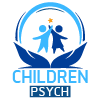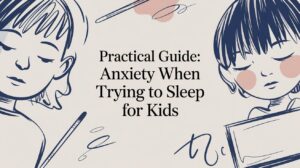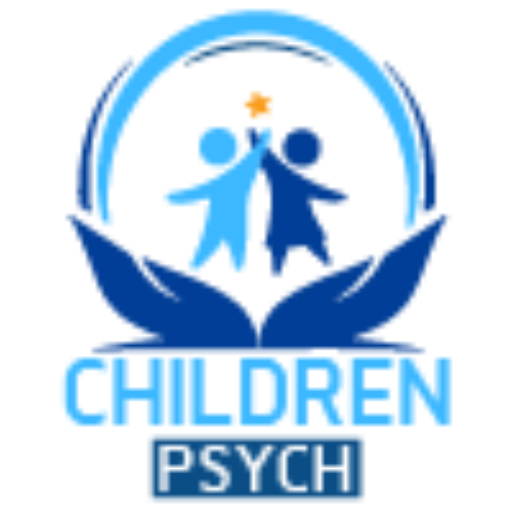Depression is a common mental health disorder that can affect people of all ages, including children. It is characterized by persistent feelings of sadness, hopelessness, and a lack of energy or interest in activities. Depression can have a serious impact on a child’s mental and physical well-being, as well as their ability to function at home, school, and in social situations.
There are several factors that can contribute to the development of depression in children, including genetics, brain chemistry, life events, and environmental factors. Children who have experienced trauma, abuse, or neglect may be more vulnerable to depression. Children who have a family history of depression or other mental health disorders may also be at increased risk.
Symptoms of depression in children can vary, but may include:
- Persistent feelings of sadness or hopelessness
- Loss of interest in activities they used to enjoy
- Changes in appetite and sleep patterns
- Fatigue and low energy
- Difficulty concentrating or making decisions
- Irritability or aggression
- Physical complaints (such as stomachaches or headaches) without an obvious cause
- Thoughts of death or suicide
It is important for parents and caregivers to be aware of the signs and symptoms of depression in children and to seek help if they notice any changes in their child’s mood or behavior. Early treatment can be critical in helping children overcome depression and regain their quality of life.
Treatment options for depression in children may include therapy, medication, or a combination of the two. Therapy can help children learn coping skills, develop positive thinking patterns, and address any underlying issues that may be contributing to their depression. Medication, such as antidepressants, can also be effective in managing the symptoms of depression. It is important to work with a mental health professional to determine the best course of treatment for your child.
It is also important for parents and caregivers to create a supportive and nurturing environment for children struggling with depression. This may involve setting aside quality time to spend with your child, helping them to establish a healthy daily routine, and encouraging them to engage in activities they enjoy.
If you are concerned that your child may be experiencing depression, it is important to seek help from a mental health professional. With the right treatment and support, children can overcome depression and lead happy, healthy lives.




